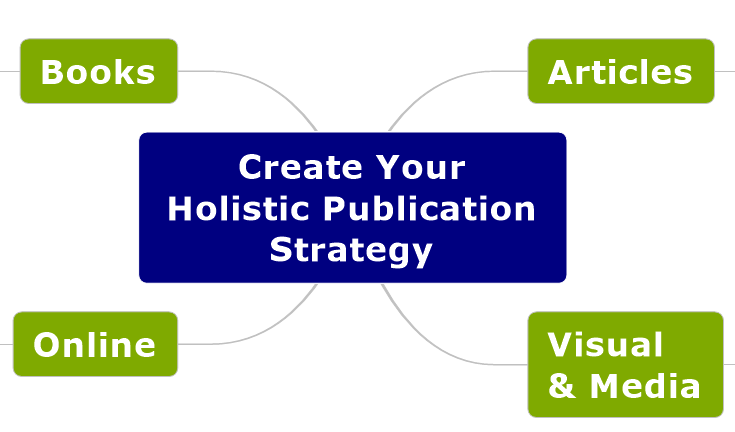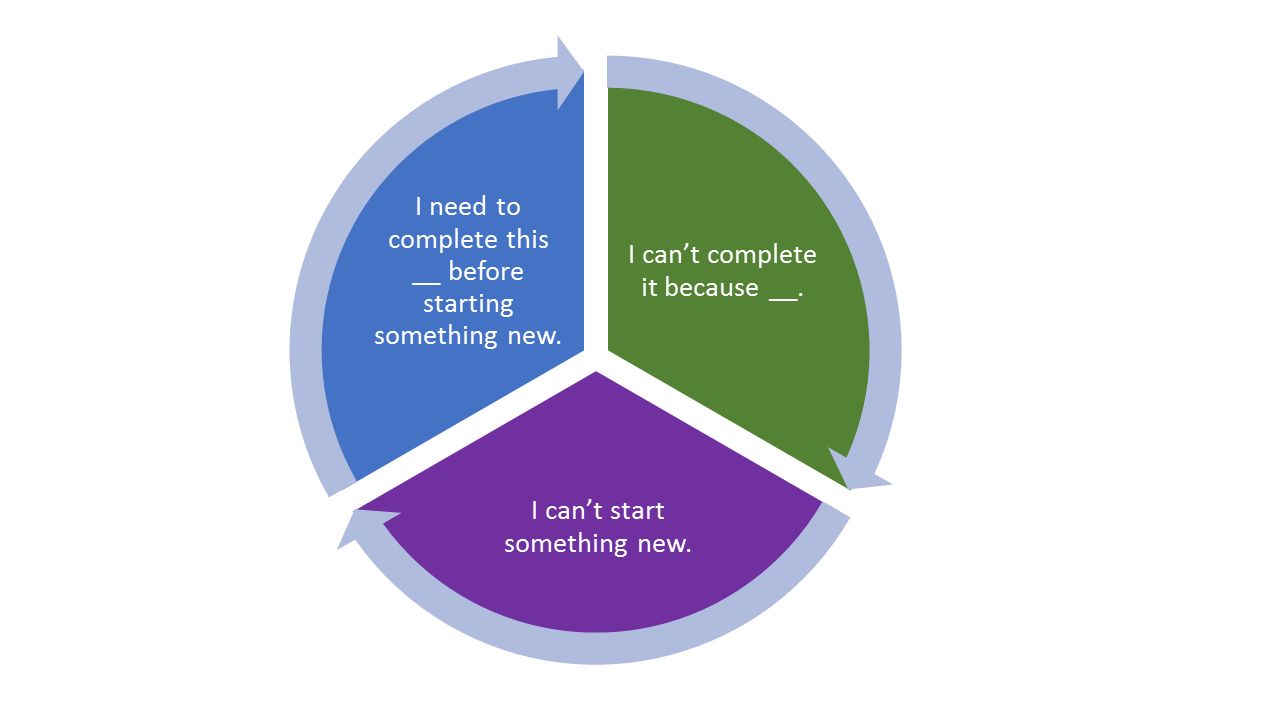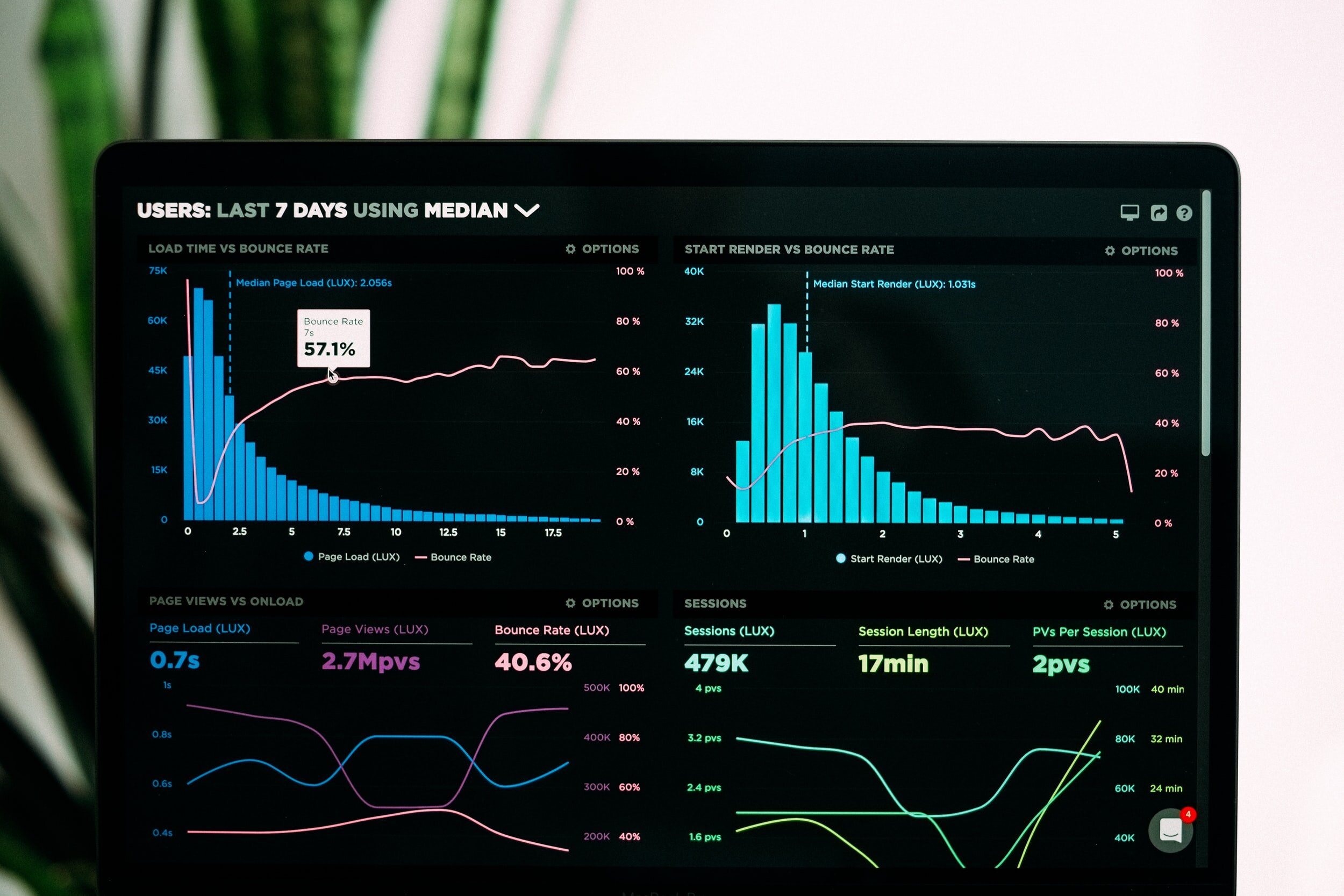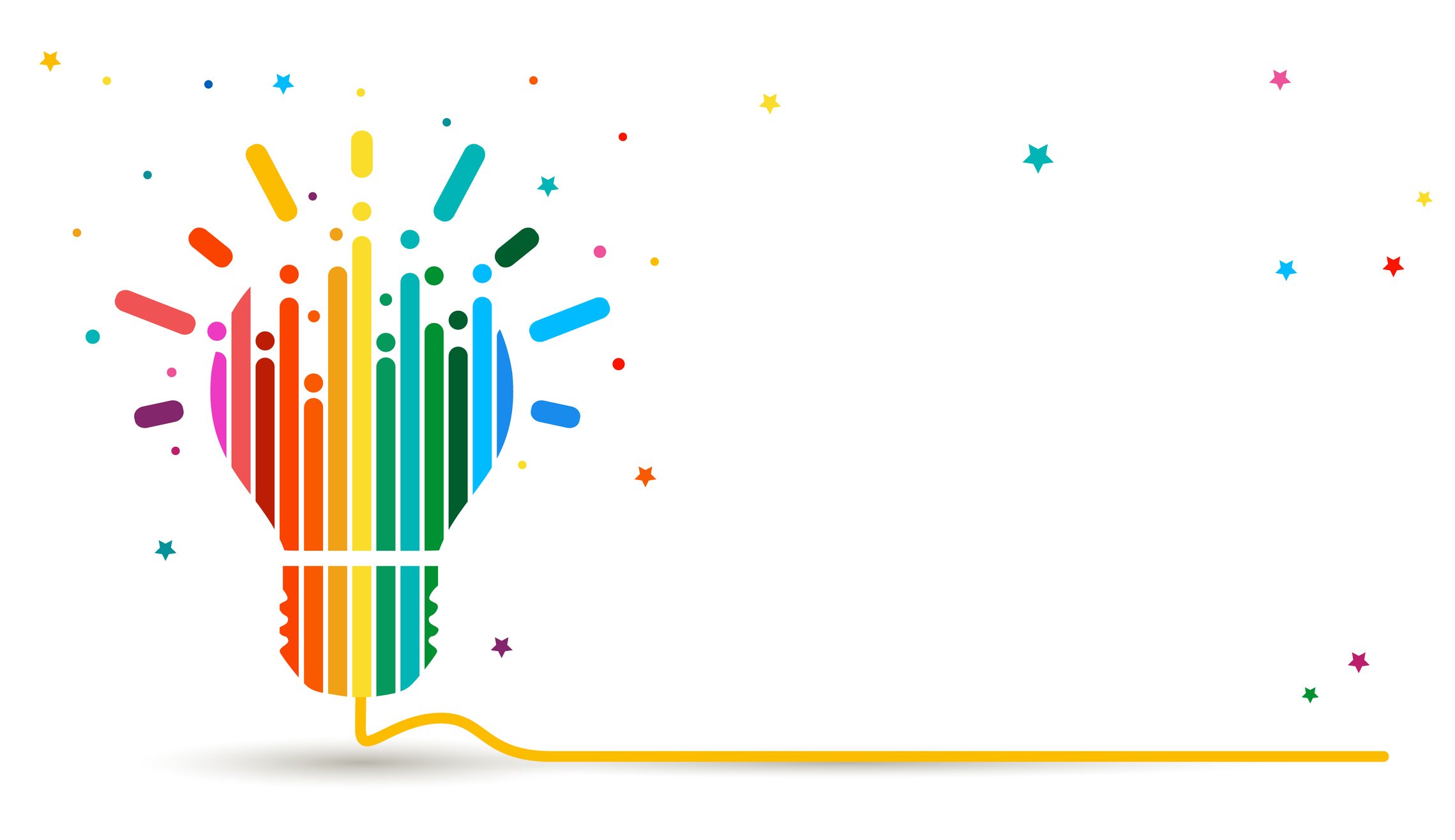Become a Productive Academic Writer
November is Academic Writing Month #AcWriMo at Methodspace! See the unfolding series of posts, interviews, webinars, and open-access resources.
by Janet Salmons, PhD Research Community Manager for SAGE Methodspace
Dr. Salmons is the author of Doing Qualitative Research Online, which focuses on ethical research and writing, and What Kind of Researcher Are You? which focuses on researcher integrity. Use the code MSPACEQ423 for a 20% discount, valid until December 31, 2023.

Yes. I am on the computer. But am I getting anything done?
“I don’t have enough time to write!” That is the complaint I hear most frequently from frustrated would-be writers. Most frequently writing is not our only responsibility, so we have to carve out time and space from competing demands of work, school, family and community. As challenging as this may be, I’d argue becoming a productive writer is more complicated than simply learning time management.
Sometimes I manage to set aside a stretch of time for writing, only to find that I can’t focus. I might be distracted, or I just can’t get into a writing flow. Nothing comes together, or seems to make sense. Doubts creep in about the worthiness of the whole project.
Maybe it is time to step away from the computer, find some mental refreshment by taking a walk, chopping vegetables, or doing some art journaling. Somehow my muse wakes up and I discover a new direction that might have eluded me when staring at the screen.
On other occasions, I find that I haven’t fully answered key questions about the content necessary to consider before I move forward.
Here are some questions that can help you get moving:
Am I clear about the purpose I am trying to achieve with this writing project?
Have I made a decision about the primary audience I want to read this piece?
Do I need to update my literature before I start writing?
What voice will I use, what is my position as a writer, should I write in first, second, or third person?
Will the reader know the terms I am using, or should I explain them? Are my definitions understandable to someone in a different discipline, or to a practitioner?
Having found time, focus, and clarity, I still need to attend to the mechanics of the writing process.
Do I have the best tools for this academic writing project? Am I using a bibliographic manager that works with the right publication style (APA, MLS, etc.)?
Do I have the best tool for creating figures or diagrams that have the levels of resolution needed for publication?
Should I organize my research, literature, notes and drafts with OneNote, Scrivener, or?
Have you answered key questions YOU need to be productive?

More Methodspace Posts about Academic Writing
Deaf scholars are flipping the script in academic publishing—highlighting the power of signed languages, challenging outdated views, and creating space for real representation through the Society of American Sign Language Journal.
Creating an effective abstract is often challenging yet crucial. With 250 words or fewer, authors must make strategic decisions about what to include and exclude, while delivering a clear and focused message that outlines the content of the manuscript. This blog entry illustrates how S.M.A.R.T. principles (specific, measurable, achievable, relevant, and time-bound) can assist academic writers in crafting clear, concise abstracts for manuscripts and research papers.
Find examples and guidance about collecting data on blogs or vlogs.
by Maria Lahman, Ph.D. and Tyler Kincaid Ph.D., panelists for the How to Do Research and Get Published webinar, “How to write a paper: Qualitative methodology” share their insights.
Conduct a reference search and format your reference section was offered as part of the How to Do Research and Get Published webinar series. Watch the recording and find lots of useful resources in this post.
Find a collection of resources about writing and publishing articles and more!
Learn about research design, doctoral writing, and academic publishing with these posts and recordings from Dr. Linda Bloomberg and Dr. Merle Werbeloff.
Think about your own big picture, and how to paint it. There are many options for sharing ideas and disseminating findings. What will work for you, based on the nature of your research, your findings, and your career goals?
Look candidly at your unfinished project. Is it a stepping stone, and completion will be allow you to move ahead? Or is it an obstacle that prevents you from moving forward? Find ideas to help you determine whether to revive that piece of writing or let it go.
Michelle Boyd answers a question about taking small steps to make progress on a large writing project.
Christina Silver explains why and how to use qualitative data analysis software to manage and analyze your notes, literature, materials, and data. Sign up for her upcoming (free) symposium!
Find tips to help you share your research and numerical findings.
In this post Dr. Mazak discusses how to manage the writing process for a large project such as a dissertation, thesis, or book and offers resources to help new or experienced writers.
This list of books and articles include a range of discussions about academic and research careers.
Want anyone, whether or not they are associated with an institution that allows them access to an academic library? Learn about open access and how to publish your OA article.
Jessica Lester and Trena Paulus co-edited a December 2023 special issue for the Sage journal, Qualitative Inquiry, “Qualitative inquiry in the 20/20s: Exploring methodological consequences of digital research workflows.” Read the articles and watch a roundtable with contributors. This is the second of two discussions of the special issue.
Jessica Lester and Trena Paulus co-edited a December 2023 special issue for the Sage journal, Qualitative Inquiry, “Qualitative inquiry in the 20/20s: Exploring methodological consequences of digital research workflows.” Read the articles and watch a roundtable with contributors. This is the first of two discussions of the special issue.
Academic writing is not always writing! Pictures and media enliven our writing, and can be important for showing concepts and contexts.
How and why should you argue in academic writing? Learn more from Dr. Alastair Bonnett, author of How to Argue.
This post includes tips about writing qualitative proposals excerpted from Research Design by Creswell and Creswell.
Thinking about research careers and calling: finding the right fit.
What do journal editors want? Read an open-access collection of editorials that offer practical suggestions about how to organize and write an article that will pass the review process and get published.
Safary Wa-Mbaleka, Arceli Rosario, and Anna Cohen Miller discussed opportunities and challenges for global researchers and academic writers in this roundtable discussion.
Don’t get caught by predatory publishers!
Celebrate Academic Writing Month 2023 by getting organized! Find open-access resources to help you avoid being distracted by details and lost files.
Jo VanEvery believes that a writing practice based on the desire to write and enjoyment of the intellectual challenge will produce the outputs you are under pressure to produce. Learn how in this post!
AI can do a lot of things but it cannot do originality. Learn more from Dr. Alastair Bonnett, author of How to Be Original.
In this presentation, Dr. Linda Bloomberg explains how to think through key questions associated with presentation of qualitative findings, and walks through an example that demonstrates ways to align research designs with presentation strategies.
Dr. Linda Bloomberg offers detailed suggestions for getting organized and starting a dissertation or thesis.





























Informed consent is the term given to the agreement between researcher and participant. In this post Janet Salmons offers suggestions about the intersections of the Internet communications, ethics and participants.